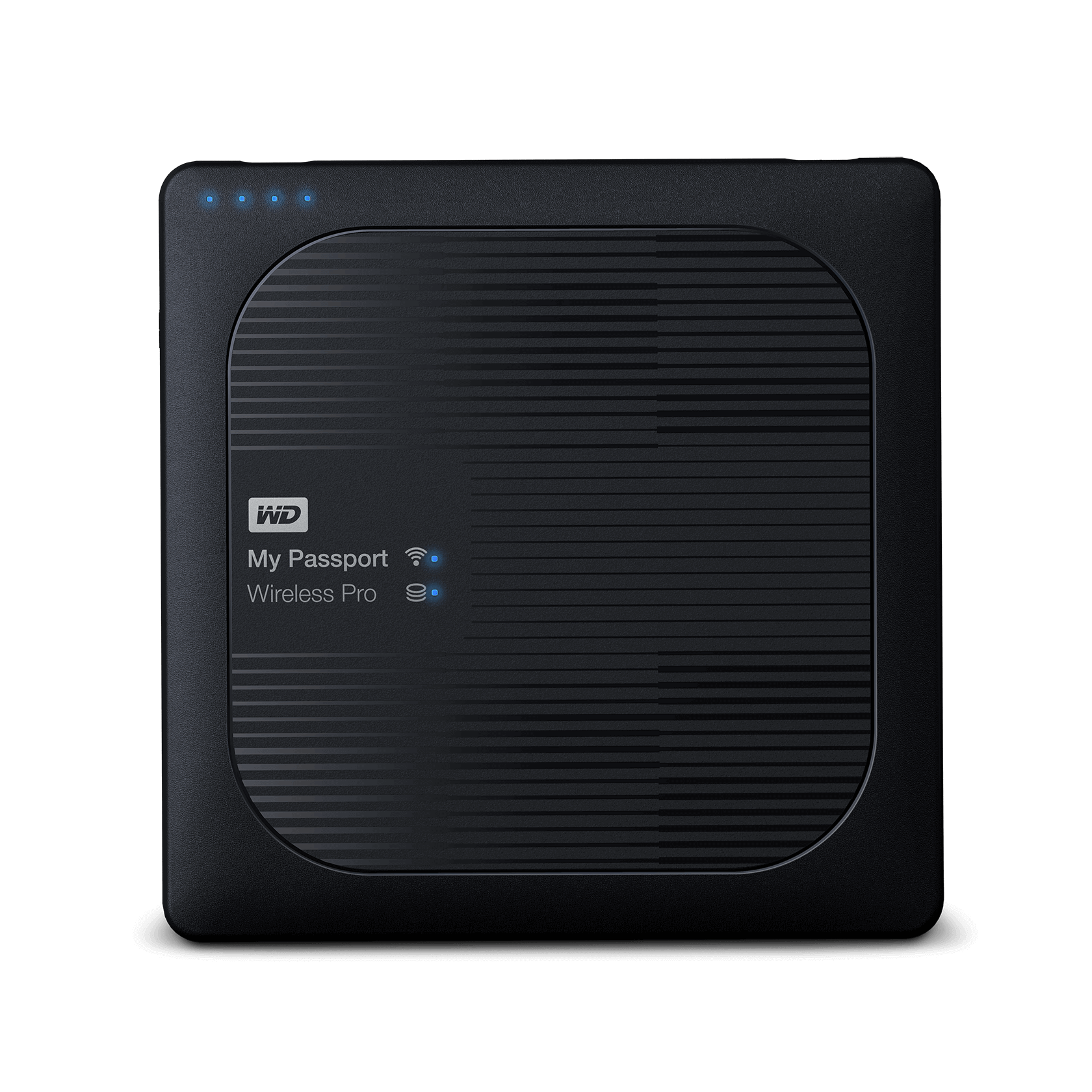This is coming from another thread where the subject was getting to far from the original posting.
I'm exploring how best to store and maintain data, music, videos, movies, photos while cruising. My projected cruising grounds will take me to areas with sometimes limited but more often a complete absence of internet access for extended periods of time. I desire to have access to fairly large amounts of data, a large portion of which now currently resides on mirrored external hard drives. I'll also want to back up photos and data I may be generating while sailing. I'm skeptical that hard drives can withstand reliably within ocean environment aboard a sailboat. This had led me to explore SSDs but I don't have access to these and don't have first hand knowledge of how robust these really are other than reading the published marketing hype. Anyone with thoughts or experience on this I'd love to hear from.
Are there folks out there cruising that have computer backup systems they are using? Can you tell me about how you are doing this? I'm not a fan of cloud backup services for numerous reasons, but I'm looking to have no recurring payments of any type. Plus, it seems like a very limited functionality for my cruising grounds.
I'd love to hear from anyone on ideas of how either they are running backups or thoughts on what would work. Instead of writing a long intro here, I'll leave it at this for the moment.
dj
I'm exploring how best to store and maintain data, music, videos, movies, photos while cruising. My projected cruising grounds will take me to areas with sometimes limited but more often a complete absence of internet access for extended periods of time. I desire to have access to fairly large amounts of data, a large portion of which now currently resides on mirrored external hard drives. I'll also want to back up photos and data I may be generating while sailing. I'm skeptical that hard drives can withstand reliably within ocean environment aboard a sailboat. This had led me to explore SSDs but I don't have access to these and don't have first hand knowledge of how robust these really are other than reading the published marketing hype. Anyone with thoughts or experience on this I'd love to hear from.
Are there folks out there cruising that have computer backup systems they are using? Can you tell me about how you are doing this? I'm not a fan of cloud backup services for numerous reasons, but I'm looking to have no recurring payments of any type. Plus, it seems like a very limited functionality for my cruising grounds.
I'd love to hear from anyone on ideas of how either they are running backups or thoughts on what would work. Instead of writing a long intro here, I'll leave it at this for the moment.
dj


